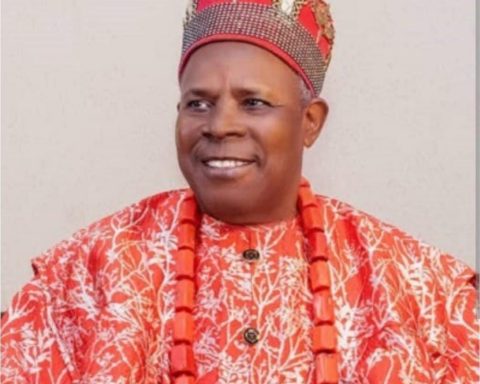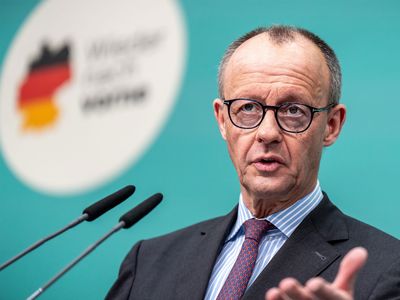Economic experts have warned that former U.S. President Donald Trump’s tariff policies could push global inflation higher, cause market instability, and slow economic growth. The heads of Australia’s two largest banks, Commonwealth Bank of Australia (CBA) and National Australia Bank (NAB), raised these concerns during a business summit in Sydney.
While Australia may face limited impact due to its smaller trade relationship with the U.S., other countries with closer economic ties, such as Canada, could experience serious disruptions.
Join our WhatsApp ChannelTariff Policies Could Increase Costs Worldwide
CBA CEO Matt Comyn explained that tariff policies would likely make global trade less efficient, raising costs for businesses and consumers. He noted that increased trade barriers often lead to inflation as companies pass higher costs on to consumers.
READ ALSO: ‘If War Is What The U.S. Wants, Be It Tariffs Or Trade War, We’re Ready’ – China Warns
“There’s certainly risk to the downside, around slowing global growth,” Comyn said. He added that tariff changes under Trump could create further economic uncertainty.
The situation could also make it harder for central banks to manage interest rates. NAB CEO Andrew Irvine warned that continued trade restrictions might reduce the likelihood of further interest rate cuts in 2025.
Australia’s Economy Less Exposed Than Others
Despite concerns about the global economy, Australian financial leaders believe the country is better positioned than others. Australia exports about $15 billion worth of goods to the U.S. each year, a relatively small portion of its total trade. In contrast, Canada sends 85% of its exports to the U.S., making it more vulnerable to tariff policies.
NAB’s Irvine described the situation as “tariff madness” and noted that while Australia may avoid severe consequences, no country is completely shielded from global economic shifts.
Uncertainty in Global Markets
With tariff discussions continuing, investors remain cautious about how future trade policies will affect different industries. Market volatility could increase if major economies respond with countermeasures, leading to disruptions in global supply chains.
Economists believe that the next U.S. administration’s trade policies will play a major role in shaping global economic conditions. The impact of tariff changes will depend on whether other nations introduce their own restrictions or seek new trade agreements to offset potential losses.










